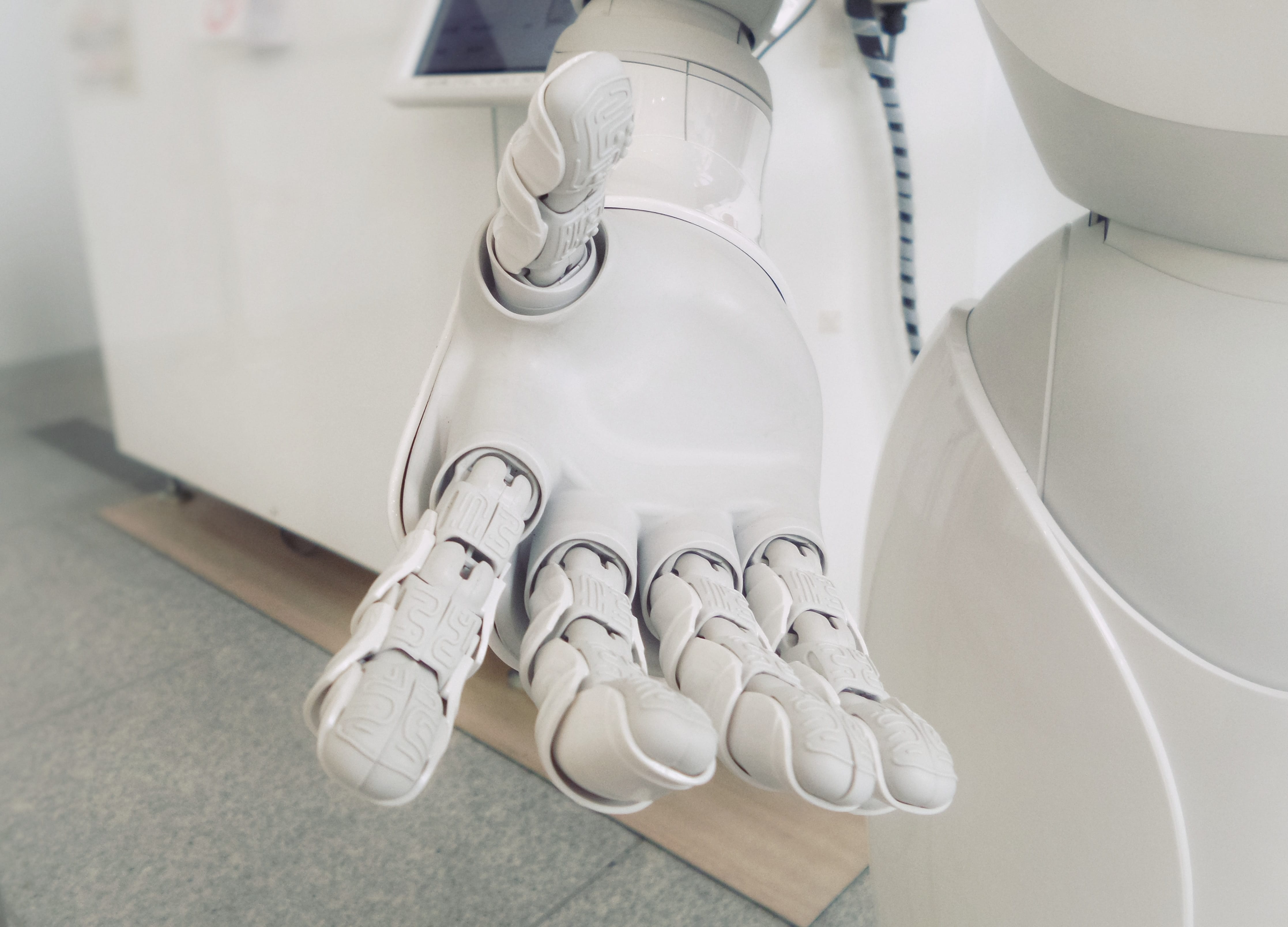As technology advances, particularly with artificial intelligence, changes are being seen in all industries. Health care is no exception.
The prime reason for all sorts of technological advancements made throughout history are in one way or another is the desire of people to better their lives. This is particularly relevant to the natural human longing for longevity and eternal youth. Those two concepts are often heavily associated with having high living standards and better health care. Therefore, it is hardly a surprise that health care is among the areas that are mostly affected by the newest technologies, such as Artificial Intelligence and Big Data.
What Is Artificial Intelligence?
Artificial Intelligence is not a particularly new concept as it has been around for a while, yet it has only recently started receiving the attention it deserves. In the last couple of decades, scientists have started investing in developing Artificial Intelligence upon understanding all the benefits it could bring to humankind.
In general, Artificial Intelligence refers to the ability of computers to create ‘neural networks’ that would mimic the way the human brain receives and processes information to derive suitable solutions for given problems.
At the moment, most computer-based solutions in health care do not solely rely on AI as they are rather based on human-constructed algorithms that allow them to gather and analyze data. However, the projection is that according to the latest trends in the world of medicine, we are steadily moving towards employing Artificial Intelligence, “deep learning” in particular. In such variants, software learns to recognize patterns in separate layers. Before the neural-networks get integrated, they each separately analyze various aspects of the task such as different visual compounds of an image — shape, size and color. In healthcare, this mechanism is becoming increasingly useful. Such an approach can prove to be increasingly useful in diagnostics medicine as it provides a more accurate tools for monitoring the shuman body. For instance, it could search for individual cancer cells within the body. The greatest distinction between Artificial Intelligence and human doctors carrying out examination of such kind, is that the first can do it much more efficiently and spend much less time to find the results, which can be crucial when it is lethal diseases we are talking about.
There are numerous applications of Artificial Intelligence in health care, but all the potential uses that people can benefit from are best comprehended if categorized in three distinct types:
- AI for algorithmic solutions
- visual AI tools
- AI in medical practice
Artificial Intelligence for Algorithmic Solutions
One of the advantages of Artificial Intelligence and machine learning, in general, is that it learns as it goes. Upon analyzing all the information that it draws from different sources (either the Internet, medical journals, medical records or the information doctors feed it themselves), AI can recognize patterns, go through millions of combinations and find the most appropriate solution. An example of where it could be applied most efficiently is cancer treatment. Combining the algorithms from experts in the field, with the data that practicing doctors enter into a medical record (i.e., a patient’s age, genetics, cancer staging and associated medical problems), AI can review multiple existing treatment alternatives and decide on which chemotherapy drugs will be the most resultative for the patient’s recovery.

Another way in which AI could help has been presented by Dr. Gabriel Escobar and his research team. They focused their research on the most vulnerable section of patients in hospitals — those who go through a deterioration in clinical status and are transferred to the ICU. While they often receive the medical attention they require, they end up having three to four times higher chances of dying because of the acute event as compared to a situation where it would have been prevented by a doctor altogether.
In his research, Dr. Escobar has drawn data about over 650,000 hospitalized patients, 20,000 of which were later transferred to ICU. He fed this data to AI for it to analyze and learn all the connections the transferred patients had. By doing so, AI trained itself to recognize patterns and predetermine which patients are likely to have an acute event in the near future.
Visual AI Tools
AI has also proven to be extremely useful in analyzing medical images such as X-Rays, CT scans, and MRIs. Since AI deconstructs the image to analyze each level separately with different algorithms, it can pick up details that are not visible to the human eye and therefore can be omitted. This is particularly helpful in finding cancerous tumors at early development stages. Moreover, it also reduces the chance of error.
According to the studies in the field, 50% to 63% of American women who get regular mammograms over 10 years will receive at least one “false-positive”. The reason for this is that often doctors cannot agree on the results of the examination and have split opinions. On the other hand, Artificial Intelligence has the combined experience of multiple doctors on the basis of its mechanism, so it can make a viable conclusion without any supporting views.
AI in Medical Practice
Artificial Intelligence has the potential to deliver tools that would take care of the day-to-day medical practice and would, therefore, spare doctors from carrying out mundane tasks. Apart from that, there are also projections regarding the future of AI in healthcare that state that AI would if not replace then definitely enhance physician performance.
Besides, one of the areas where AI is already implemented is health care related websites. A large portion of those has live AI-powered chatbots installed that allow people to seek medical advice online quicker.


Join the conversation!